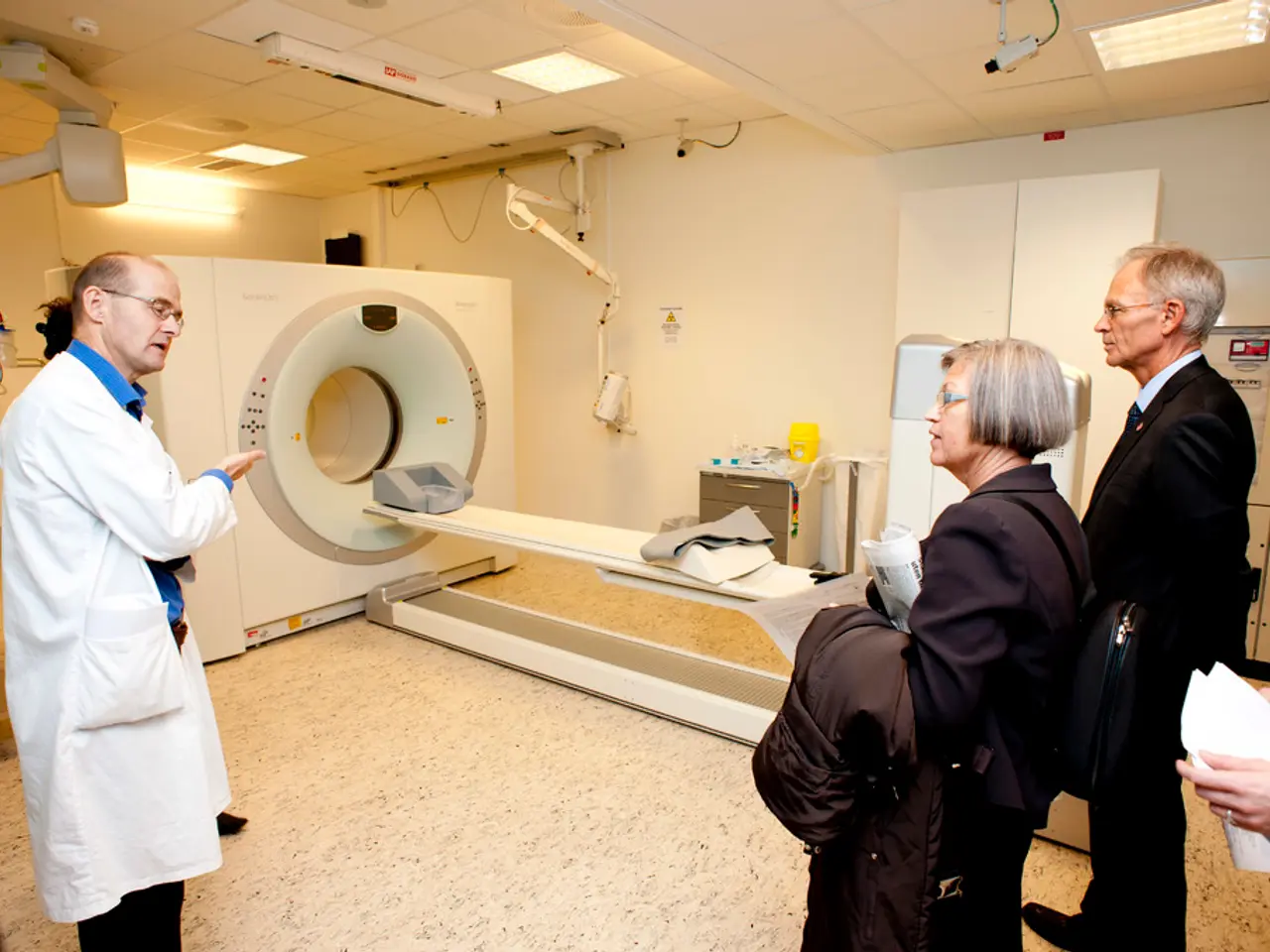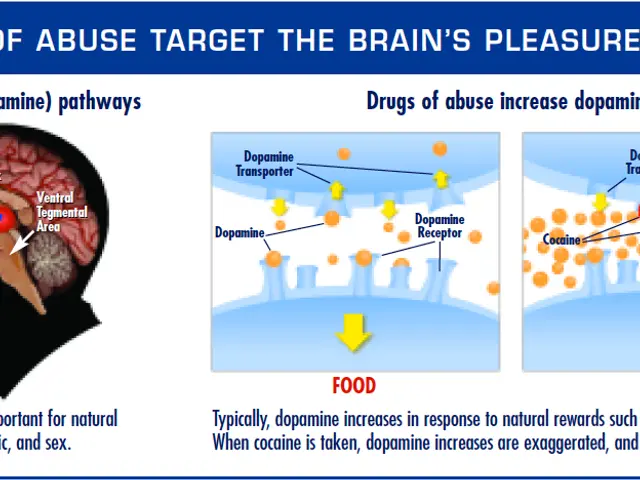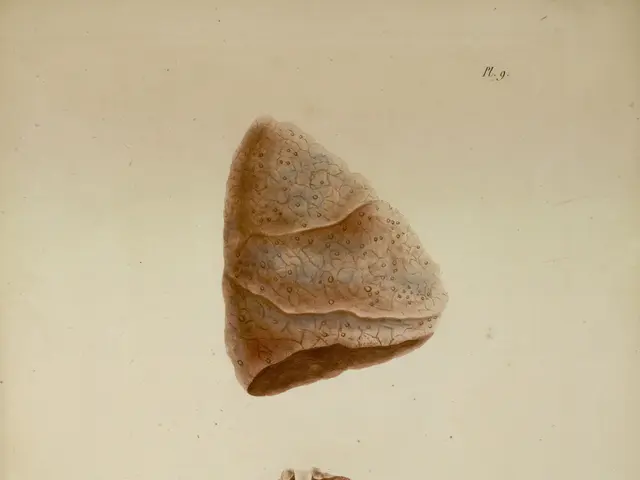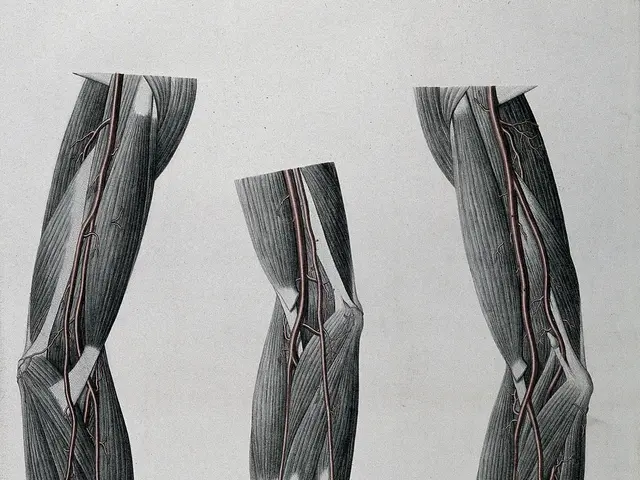Artificial Intelligence Transforms Brain Tumor Detection Process
In the realm of medical advancements, artificial intelligence (AI) is making significant strides in the field of radiology, particularly in the diagnosis of brain tumors. While AI models have demonstrated high accuracy in experimental studies, they are not yet on par with the abilities of an experienced radiologist, especially when it comes to differentiating between various tumor types. However, this gap is gradually narrowing. For instance, AI models have shown an impressive accuracy of 85.99% in detecting brain cancer, approaching that of human radiologists. One of the key advantages of AI in clinical settings is its consistency in detection, which significantly reduces the chances of human error. Additionally, AI can analyze large quantities and volumes of MRI images much faster than human radiologists, reducing waiting times for patients and speeding up diagnosis. The integration of AI into clinical settings requires careful consideration. It's crucial to ensure the applicability of the models and provide adequate training for medical professionals. This involves continuous adaptation and monitoring to ensure the AI models remain effective and reliable. AI's ability to detect subtle patterns in images may enable the identification of tumors at early stages, improving treatment options and patient survival. This early detection could be a game-changer in the fight against brain tumors. The future of AI in radiology looks promising, especially when combined with human supervision to ensure accurate and reliable diagnoses. In the coming years, AI is expected to be used to support radiologists based on molecular and epigenetic data, enabling precise, non-invasive diagnoses even in difficult cases. This could potentially reduce the need for unnecessary biopsies. An interdisciplinary team at Charité – Universitätsmedizin Berlin is leading the way in this area. They have developed an AI model capable of recognizing over 170 tumor types using epigenetic data, a significant step towards more accurate and non-invasive diagnoses. As AI continues to evolve, it promises to revolutionize the field of radiology, making diagnoses faster, more accurate, and potentially life-saving.
Read also:
- Health professional vaccination rates for the flu in 2024 hit a seven-year low
- European Commission introduces communication on strategies for protecting democracy and fundamental rights online
- Exploring the Health Benefits of Consuming Plum Liqueur Infused with Oats and Almonds
- Europe's mandatory vaccination programs advocated by health officials in the face of mounting disinformation








